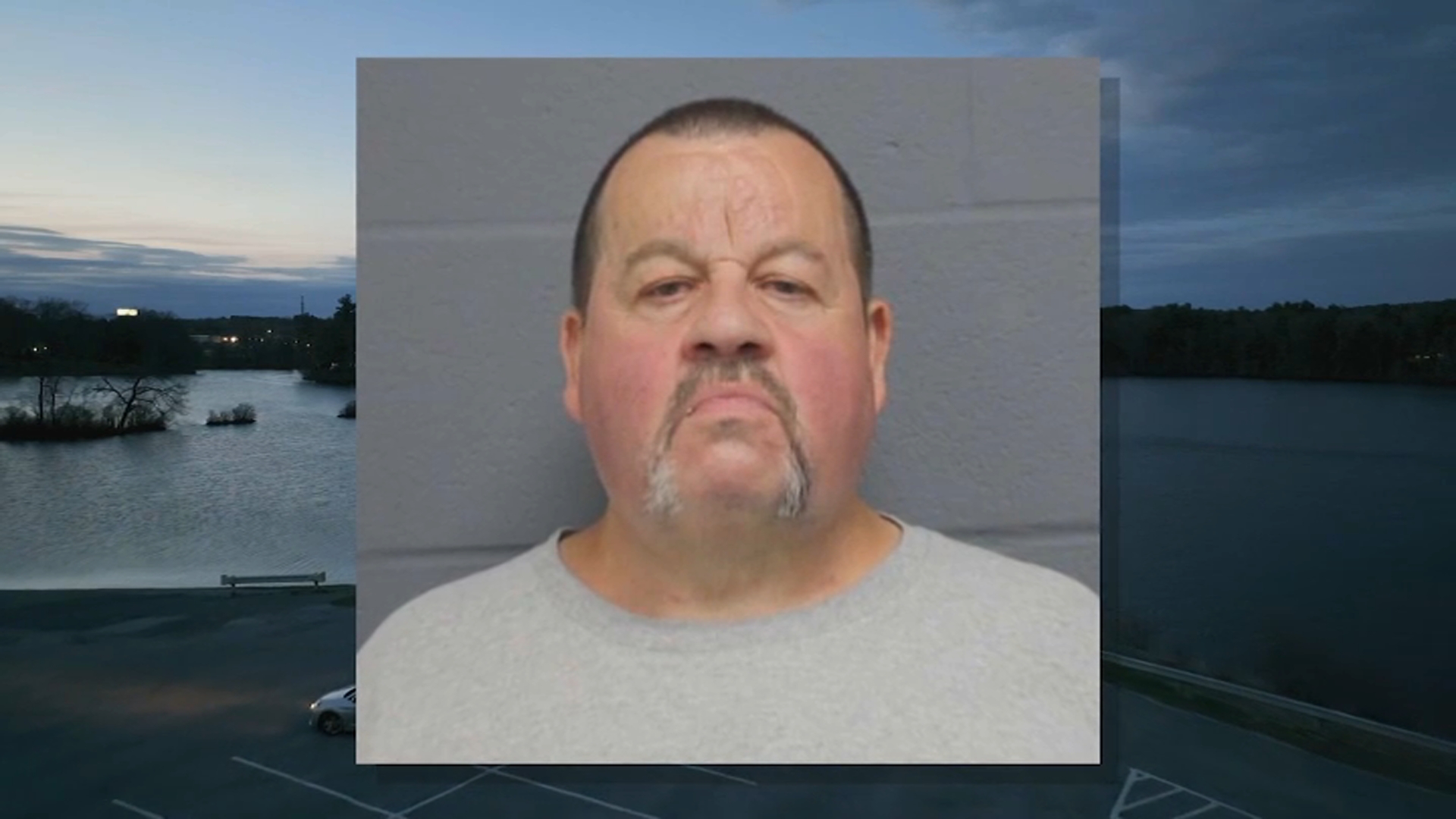
Federal prosecutors and the Massachusetts Department of Correction have agreed to changes in response to findings that the state's treatment of inmates with mental health issues was "unconstitutional."
After an investigation launched in 2018, former U.S. Attorney Andrew Lelling said in 2020 that his office and the Civil Rights Division of the Department of Justice had found reason to believe conditions in the state's prisons were in violation of the Eighth Amendment of the Constitution.
"Our investigation found that Massachusetts' prisons subjected incarcerated people in mental health crisis to prolonged periods of restrictive housing conditions, instead of providing them constitutionally adequate mental health care and supervision," Assistant Attorney General Kristen Clarke of the Justice Department's Civil Rights Division said in a statement Tuesday.
U.S. Attorney Rachael Rollins, who took over the office from Lelling after Joe Biden became president, said prosecutors would be working closely with the Department of Correction "to address and correct the serious issues and violations identified in our November 2020 notice."
Get Boston local news, weather forecasts, lifestyle and entertainment stories to your inbox. Sign up for NBC Boston’s newsletters.
Rollins' office said the DOC would improve its policies and training regarding mental health care for incarcerated people.
In an announcement of its own, the Department of Correction said it would be expanding its crisis intervention training, enhancing clinical interventions, starting an "intensive stabilization unit" at its designated mental health facility and appointing an expert "to review the care of individuals in crisis" — a role that will be filled by Dr. Reena Kapoor.
"The Department [of Correction] has been diligent, transparent, and cooperative with the DOJ to advance our shared goal of improving mental health care for those experiencing a mental health crisis," Commissioner Carol Mici said in a statement. "We remain deeply committed to the health and well-being of all entrusted to our care while ensuring the protection of their physical safety and civil rights."
Local
In-depth news coverage of the Greater Boston Area.
"This agreement ensures heightened supervision, increased out-of-cell contact with mental health staff, and intensive mental health care in a new treatment-focused housing unit when needed," Clarke said. "These reforms will help ensure people receive the services they need when they are in crisis."
If you or someone you know is in crisis, call or text 988 to reach the Suicide and Crisis Lifeline or chat live at 988lifeline.org. You can also visit SpeakingOfSuicide.com/resources for additional support.



